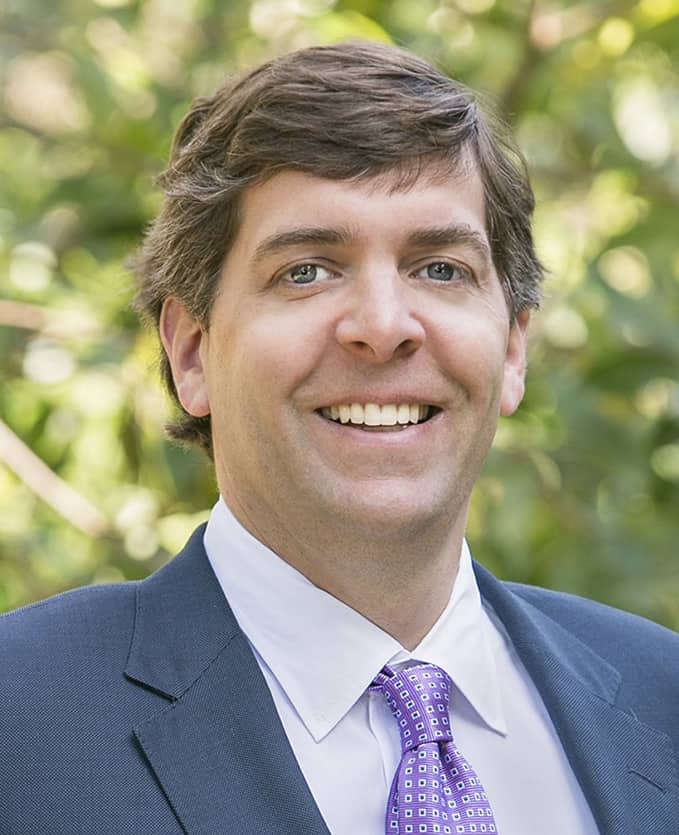Richard Cook, co-founder of Cook & Bynum, a value and long-term investor with $300 million AUM, talks about searching for undervalued assets and the “on-the-ground research” approach.

Global Finance: Please explain your “go anywhere” strategy.
Richard Cook: We love to have boots on the ground: really building a network, seeing companies, visiting their stores or factories or whatever it may be, talking to their competitors, talking to their suppliers, talking to their customers. We also like to follow industries across the world. We’re certainly looking for places where there’s mystery, there’s margin. Our goal is to know the businesses we own better than 99% of the other investors covering it.
GF: Are there countries or industries that you avoid?
Cook: We avoid countries where the government is one of the most important factors to understand. China is very large in the context of emerging markets; but despite that, the presence of the government is why we made a point to exclude it. We also exclude industries, such as airport concessions operators or toll road businesses, in countries with a large amount of bribery. The locals are going to have an advantage in evaluating that business.
GF: What kind of investment time-horizon do you favor?
Cook: We think about the price that we have to pay for the business, and we think about the cash flows that that business will generate for us over the life of the investment. Hopefully for most investments, that’s 10 to 20 years. We have positions now that we’ve owned for 14 years. I would say our average holding period is more than four years.
GF: Talk about a successful investment.
Cook: One of our most successful investments globally was in northern Mexico, a company called Arca Continental. They started bottling Topo Chico in the 1880s. Now they bottle all Coca Cola in northern Mexico, Texas, Ecuador, Peru and Northern Argentina. They have a world-class management team.
GF: What does it mean to be a contrarian?
Cook: It’s important to not be contrarian for contrarian’s sake. Sometimes things are cheap for good reasons, and sometimes they’re cheap because of just the nature of capital flowing out of a market and everyone hating it. One way to identify interesting investments is to find a business that has a large international business, but is located and trades in a country that, in general, is viewed negatively.
We have an investment currently in Turkey. More than 70% of the value of the business is outside of Turkey, rolled up to a Dutch subsidiary. We think that if you buy at the current price, and assume a zero value for their Turkish assets, it’s still very cheap. It’s very profitable now, and I think that’s likely to remain the case. It could be that [Turkish president Recep Tayyip] Erdogan loses the next election, and we will think about Turkey very differently. That’d be a great result for us. But even if that doesn’t happen, that business is inexpensive.
GF: What do you consider relevant when evaluating the managers of your target companies?
Cook: We believe that companies end up with the shareholders they deserve. We run into companies that have very sophisticated investor-relations teams, and it’s like a sales job. They’re clever at marketing their stock and trying to get their multiple up. We tend to be distrustful of those businesses. We own two businesses that don’t report in English and don’t have an investor-relations team, and that’s okay with us.



